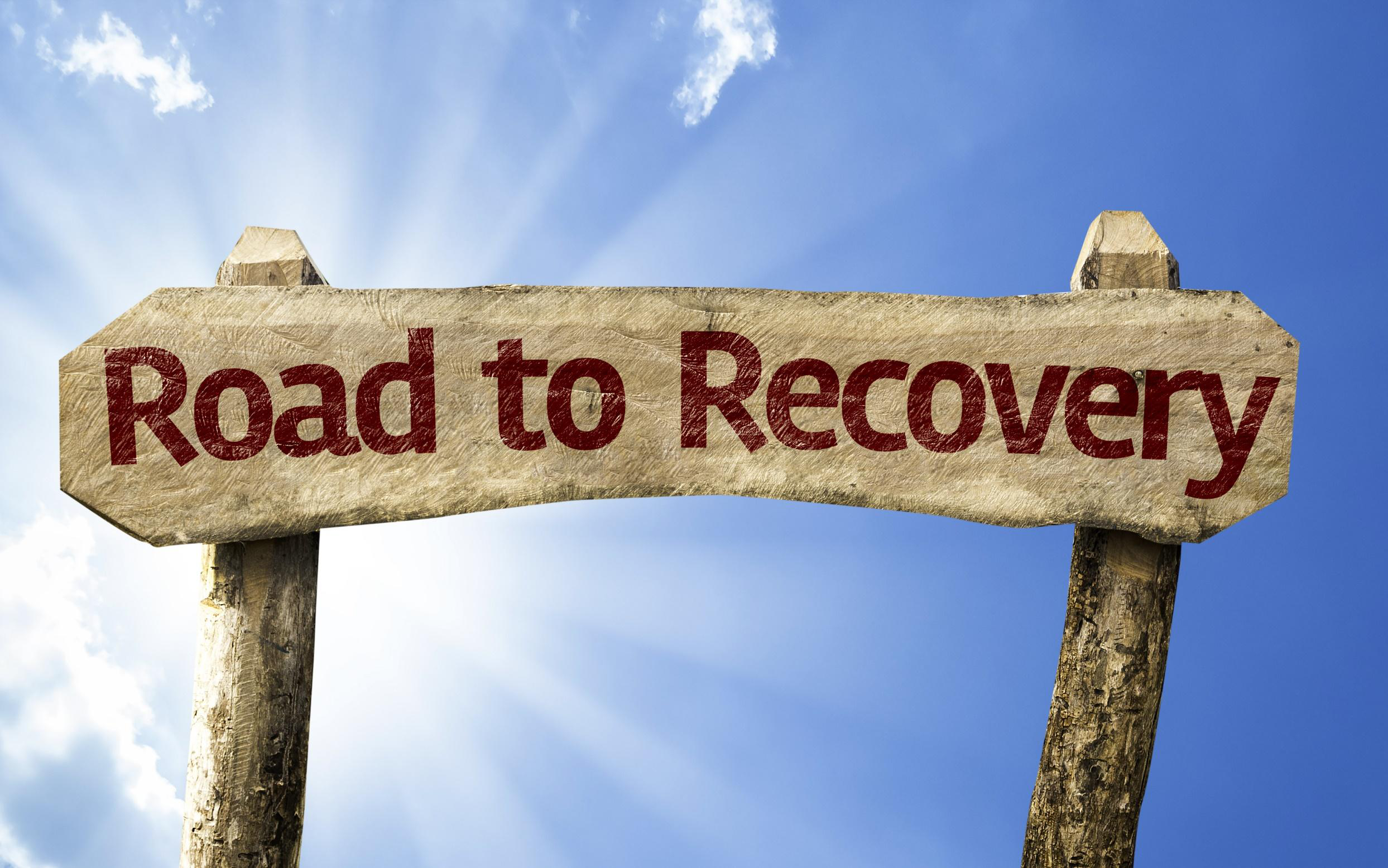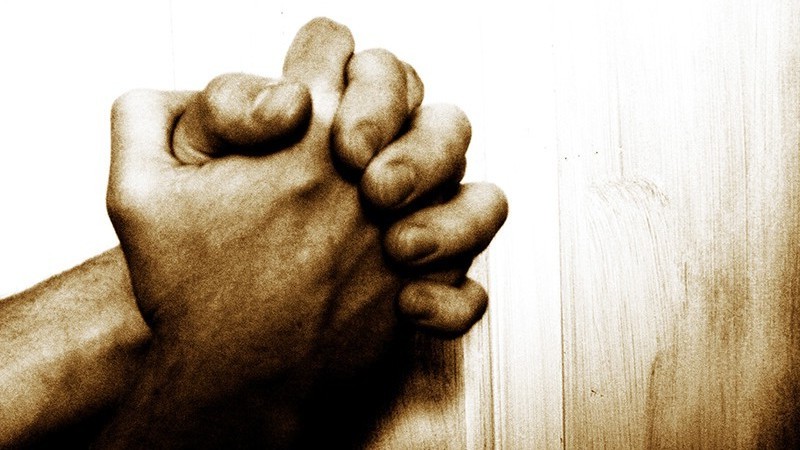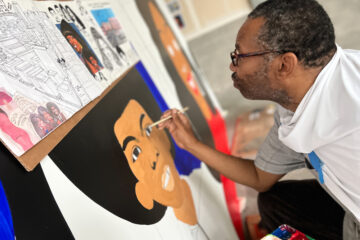Secular Addicts Need Secular Rehab Options
by Kate Brunotts
Getting care for addiction isn’t cheap— According to the Addiction Center, a 30-day program can cost anywhere from 6000-20,000 dollars with inpatient treatment significantly more expensive.
Unfortunately, recidivism rates are also alarmingly high. Addiction recovery rates for popular 12-step based programs are as estimated as low as 5-10% according to expert Dr. Lance Dodes. Clearly, something isn’t working.

As someone who lives in New York City, I see the harrowing effects of addiction on my everyday commute. I also have a couple of friends who have had terrible experiences with rehab— Not because of the detoxification, but due to the one-size-fits-all religion-based healing methods.
It’s no secret that the way we approach mental health in this country needs reformation, but how much of a role does religion play specifically? Moreover, where can secular addicts turn when seeking transformation?
In this article, I’ll examine the overtly religious nature of the popular 12-step program and how that plays into our failure to combat addiction in the United States.

The Problem with The 12-Steps
While patients are encouraged to interpret the 12-steps based on their personal beliefs, there’s no hiding that 12 step programs are focused around religion, usually forms of Christianity.
For reference, the 12 steps are as follows:
- We admitted we were powerless over alcohol–that our lives had become unmanageable.
- Came to believe that a Power greater than ourselves could restore us to sanity.
- Made a decision to turn our will and our lives over to the care of God as we understood Him.
- Made a searching and fearless moral inventory of ourselves.
- Admitted to God, to ourselves and to another human being the exact nature of our wrongs.
- Were entirely ready to have God remove all these defects of character
- Humbly asked Him to remove our shortcomings
- Made a list of persons we had harmed, and became willing to make amends to them all.
- Made direct amends to such people wherever possible, except when to do so would injure them or others.
- Continued to take personal inventory and when we were wrong promptly admitted it.
- Sought through prayer and meditation to improve our conscious contact with God as we understood Him, praying only for knowledge of His will for us and the power to carry that out.
- Having had a spiritual awakening as the result of these steps, we tried to carry this message to alcoholics and to practice these principles in all our affairs.
Out of all the steps, 7 reference a higher power or God specifically. Sure, a secular person could try to interpret “God” or a higher power as their consciousness or something, but how effective would that be?
If I was in rehab (I identify as a wavering agnostic/atheist), I would personally feel like the treatment center doesn’t fully understand me— I’m 100% sure that would negatively affect my overall recovery experience from the get-go.
:max_bytes(150000):strip_icc()/woman-talking-in-group-therapy-session-923258906-5b20494b8023b900362ea934.jpg)
Moreover, step number 7 specifically implies that your addiction is a part of you. While there’s a lot of debate about whether or not addiction constitutes a disease, this largely oversimplifies what a recovering addict is going through. There’s no denying that harsh substances can cause physically painful withdraws that are not pre-existing, so how is that not a sickness or disease?
It’s true that you can be genetically predisposed to addictive tendencies. In fact, your genes can play a 40-60% role in your overall risk of addiction. While religious programs may be working off of that principle, asking for a higher power to help “cleanse” you isn’t going to work if you don’t believe in one in the first place.
Instead of giving people the help they may need, religious-based therapy makes it so much simpler to blame the individual— You relapsed? Maybe you need to work on your connection with God. Struggling with symptoms of withdraw? That must a sign of your unwillingness to accept faith.

This may be very effective for someone who has that connection with a higher power. Otherwise, it just feels like a slap in the face and a huge miscommunication between healthcare providers and patients.
Rehab patients are already in an extremely vulnerable state. We shouldn’t have to make them question their overarching belief system while seeking recovery.
It’s difficult to find verified statistics surrounding religious affiliation with rehabilitation. However, the 12-step program is so prevalent in our mental health approach it has a whole section under “Treatment Process” on the Addiction Center website.
Anecdotally, you can also do a quick Google search of the drug and alcohol rehab centers nearest you. Chances are, at least one of them bases their treatment around the 12-steps.
Why We Need More Options
I don’t want to discredit religious-based rehab centers— These organizations do real, important, and (oftentimes) underpaid work. However, as a collective, rehab centers need to offer more comprehensive care options for their secular patients.
Our country has historically had issues with the separation of church and state. When it comes to mental health, it is not just politics that are affected, it’s people’s livelihoods. Giving every patient totally individualized care is easier said than done, but at the very least, we can make our overarching treatment methods less pious to be more inclusive and relevant in the modern age.
The patient should have to think about “adopting treatments offered to your specific circumstances” when they are already suffering. We need to adapt to their needs and their beliefs if there’s ever hope of changing unhealthy thought patterns for the better.










